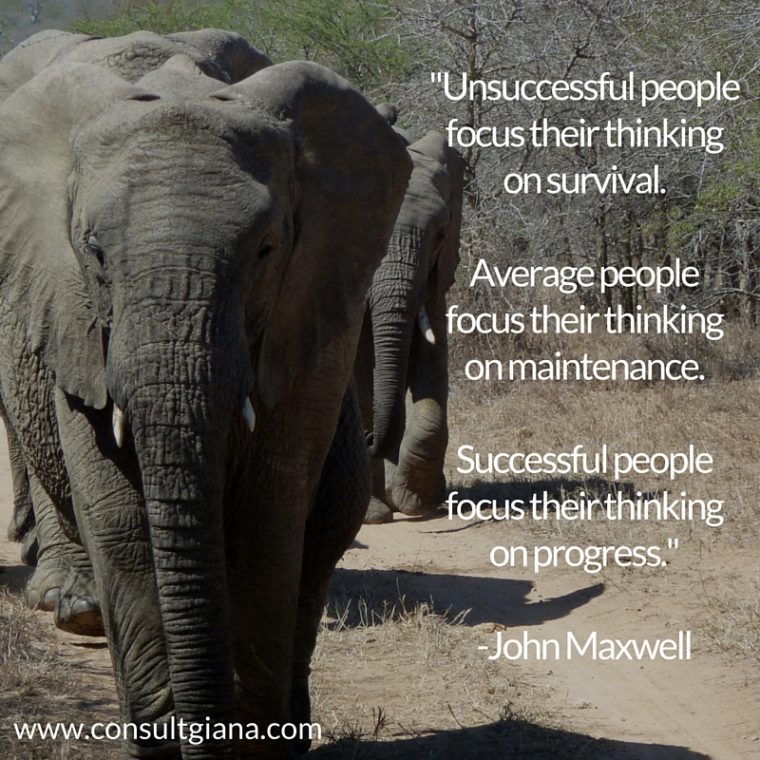
Have you ever worked in a place that is caught in a cycle that is NOT working?
- But instead of digging for the root cause, titled leaders wave “magic wands” that cause some people to disappear and others to appear?
Have you ever wondered if anyone recognizes that new faces are just another Band-Aid that is being used to cover a growing cancer instead of treating it?
Once upon a time, I had a conversation with someone about a problem that needed to be solved.
We’d faced this problem before.
- The first solution had been to replace a person.
- A few months later we were having a very similar problem with a different person.
We both agreed that the problem was not only unresolved, it had gotten worse. And we agreed that we needed a solution.
- But we disagreed about what that looked like.
- I wanted to know why a second person was struggling in the same position that someone else had failed in.
- He didn’t want to waste time flipping rocks trying to understand why, he simply wanted the new person replaced, as quickly as possible.
When problems surface, it is so tempting to rush for the magic wand.
It may appear to be faster, easier or even the “safest” way to appease the investors or the CEO.
- However, waving magic wands that make some faces disappear while new faces appear, doesn’t solve deeper issues.
- And titled leaders that prefer magic wands to real solutions – won’t be around very long.
Below are two true stories:
1. A high-potential employee is constantly promoted within a company for more than a decade.
When he is promoted again he can’t get the tools and support he needs and begins to struggle. He’s not a quitter and doesn’t know how to fail, so he sacrifices all of his vacation and family time and works instead. But no matter how many hours he puts in, he is treated as if he is the problem and eventually fired.
Then another high potential/long-term employee is relocated to take the same role, in the same place, with the same leader, in the same environment.
And the cycle begins again…
What if:
- The employees that are continually recruited for this role are not the problem?
- The training and support needs to be improved?
- The culture in that department is causing people to fail?
- The titled leader in that department is the source of the problem?
*What is it costing the organization to continually lose long-term, high performing employees in this one black hole?
2. An owner of a couple of small businesses is frustrated with dwindling profits.
He blames his staff, treats them badly, moves them to different locations, stalls their vacations and refuses to listen to their feedback.
What if:
- The employees need more training and more support?
- The declining business is caused by the owner’s lack of presence and engagement with his customers?
- His customer are leaving because competitors have better service, pricing, equipment and facilities?
*What is is costing that business owner to continue to operate in this way?
Please share:
- Have you ever worked in a culture that discourages thinking?
Want more on this topic?







